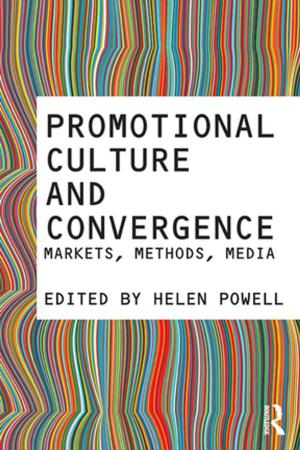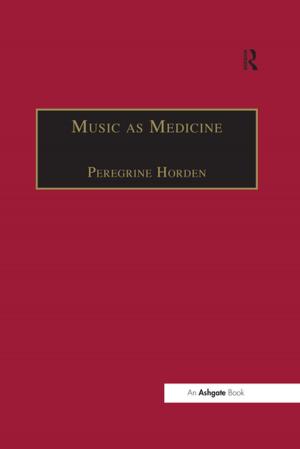An Analytic Journey
From the Art of Archery to the Art of Psychoanalysis
Nonfiction, Health & Well Being, Psychology, Mental Health| Author: | Marilia Aisenstein | ISBN: | 9780429910708 |
| Publisher: | Taylor and Francis | Publication: | March 26, 2018 |
| Imprint: | Routledge | Language: | English |
| Author: | Marilia Aisenstein |
| ISBN: | 9780429910708 |
| Publisher: | Taylor and Francis |
| Publication: | March 26, 2018 |
| Imprint: | Routledge |
| Language: | English |
This book is a journey through almost forty years of practice. Each chapter is independent of the others and develops around a specific theme: psychoanalysis in France, the transference, fathers today, psychic bisexuality, the sick body, human destructivity, and so on. The underlying thread is none the less the question of knowing how the drive operates between the biological body and mental functioning consisting of representations and affects, and, especially, how it gives rise to thinking. If thinking is an "act of the flesh", as the author asserts, how can we refine our understanding of the vicissitudes of the "mysterious leap from the mind to the body"? Furthermore, how does Freudian metapsychology still help us today in our encounters with patients? Contemporary clinical practice is sometimes bewildering: acts, violence, pain, and somatization often replace neurotic conflicts and speech. The clinical stories related here have the aim of showing that a psychoanalysis rooted in the Freudian corpus is still alive and can continue to offer creative responses today.
This book is a journey through almost forty years of practice. Each chapter is independent of the others and develops around a specific theme: psychoanalysis in France, the transference, fathers today, psychic bisexuality, the sick body, human destructivity, and so on. The underlying thread is none the less the question of knowing how the drive operates between the biological body and mental functioning consisting of representations and affects, and, especially, how it gives rise to thinking. If thinking is an "act of the flesh", as the author asserts, how can we refine our understanding of the vicissitudes of the "mysterious leap from the mind to the body"? Furthermore, how does Freudian metapsychology still help us today in our encounters with patients? Contemporary clinical practice is sometimes bewildering: acts, violence, pain, and somatization often replace neurotic conflicts and speech. The clinical stories related here have the aim of showing that a psychoanalysis rooted in the Freudian corpus is still alive and can continue to offer creative responses today.















